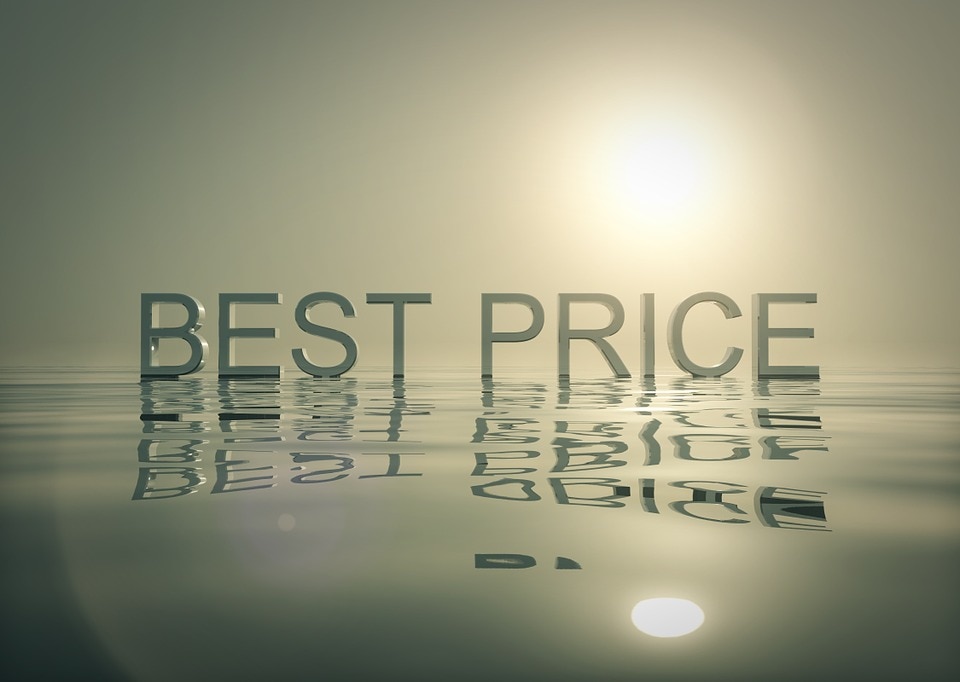Before you get your business off the ground, it is critically important to choose a legal structure that best fits your company’s needs. The legal structure you pick for your business has an impact on your ability to raise money, the amount of taxes you pay, the paperwork you are required to do, as well as the personal liability you face. Most small business owners in Singapore choose from the four major types of business structures: sole proprietorship, partnership, cooperative, and corporation.
There are a range of advantages and disadvantages of a sole proprietorship, as well as each type, and they need to be weighed up carefully when making the choice. That said, when starting out you are likely to choose a sole proprietorship, since it’s relatively simple to set up compared to other legal structures. Also known as a sole trader, a sole proprietorship is the least complex business form for one person who owns and runs the company.








